Empowering Students through Enhanced Financial Literacy
By Natalie So
Guest Blogger
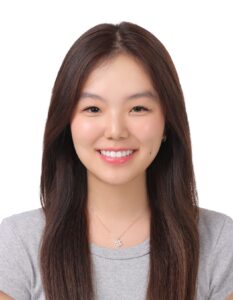
Growing up, I often witnessed how a lack of financial knowledge could negatively impact people’s lives. This understanding deepened when I began volunteering with the Korean Adoptee Family Foundation (KORAFF), an organization dedicated to empowering Korean adoptee communities through education and advocacy. It was during my term serving as president of KORAFF that I truly grasped the transformative power of advocacy, no matter what age you are. I once believed that change could only be made from positions of power, but as I helped adoptees grow and flourish, I saw the significant impact that grassroots advocacy can have on making influential changes within society.
These experiences fueled my passion for addressing other systemic issues, such as the educational inequities within my school, where children with disabilities were often neglected due to a lack of funding and resources. Witnessing these challenges led me to passionately support House Bill 1915, which aims to make financial literacy education a mandatory part of the school curriculum. Read More
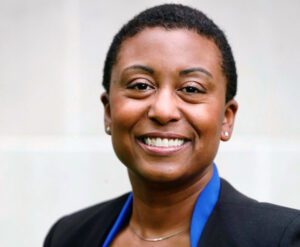 In this episode, League of Education Voters CEO Arik Korman interviews Yale School of Management professor Ebony Reed, a seasoned journalist who is also the Chief Strategy Officer at
In this episode, League of Education Voters CEO Arik Korman interviews Yale School of Management professor Ebony Reed, a seasoned journalist who is also the Chief Strategy Officer at 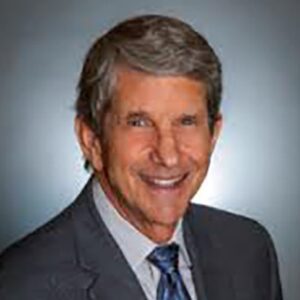 In this episode, League of Education Voters CEO Arik Korman interviews game-changing disability rights attorney
In this episode, League of Education Voters CEO Arik Korman interviews game-changing disability rights attorney  In this episode, League of Education Voters CEO Arik Korman interviews
In this episode, League of Education Voters CEO Arik Korman interviews 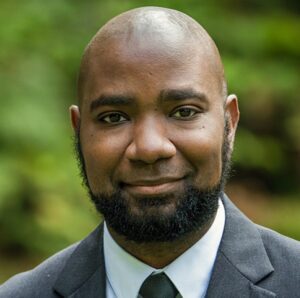 In our
In our 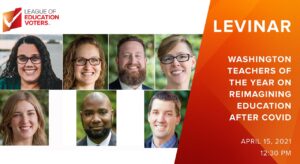

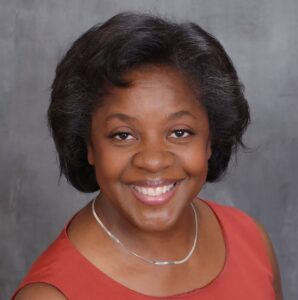 In our podcast, we interview policymakers, partners, and thought leaders to spotlight education policies, research, and practices so that together we can create a brighter future for every Washington student.
In our podcast, we interview policymakers, partners, and thought leaders to spotlight education policies, research, and practices so that together we can create a brighter future for every Washington student.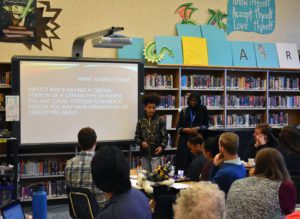 Last week, Trailblazers presented a professional development (PD) workshop on implicit bias for the entire educator staff at Washington Middle School, which was the first PD in the Seattle School District ever led by students. The session was led by Washington Middle School students Sona, an 8th-grader, and Kamilo (a.k.a. Bubbles), a 7th-grader. Sona and Kamilo told their personal stories and led discussions on what implicit bias is, which biases were in the room, why people have implicit bias, negative impacts of implicit bias, and solutions.
Last week, Trailblazers presented a professional development (PD) workshop on implicit bias for the entire educator staff at Washington Middle School, which was the first PD in the Seattle School District ever led by students. The session was led by Washington Middle School students Sona, an 8th-grader, and Kamilo (a.k.a. Bubbles), a 7th-grader. Sona and Kamilo told their personal stories and led discussions on what implicit bias is, which biases were in the room, why people have implicit bias, negative impacts of implicit bias, and solutions.